
Lauren Hajjar, Board Chair
Associate Professor, Suffolk University
Lauren Hajjar is an Associate Professor in Public Service and Healthcare Administration at Suffolk University's Sawyer Business School. She holds degrees in Psychology (BA), Public Administration (MPA), and Social Policy (MS and PhD). Her research focuses on intra and inter organizational collaboration, mindfulness and resilience. Results of her research offer practical guidance for public and nonprofit leaders, assisting them to implement structures, processes and relational practices to enhance resilience and achieve performance outcomes. Lauren’s recent projects have been supported by the U.S. Department of Justice, Robert Wood Johnson Foundation, Nellie Mae Education Foundation, and the Sawyer Business School. She also serves as a Senior Advisor at the CNA Institute for Public Research and is a Co-Founder of the Resilient Communities Innovation Lab. Previously, she directed research at the Relational Coordination Collaborative and was an NIH Research Fellow. Lauren has a decade of experience in the nonprofit sector, providing services to adults with disabilities and behavioral health challenges.

John Paul Stephens, Past Chair
Associate Professor, Case Western Reserve University

Helen Bevan
Professor of Practice, Warwick Business School; Senior Fellow, Institute for Healthcare Improvement
Helen Bevan is Professor of Practice in Health and Care Improvement at Warwick Business School, England and Senior Fellow of the Institute for Healthcare Improvement, USA. She acts as a strategic advisor to many organisations and systems in the English NHS and to leaders and policymakers in health and care systems globally.
With over three decades of experience as a leader of large scale change, Helen has been instrumental in leading numerous improvement initiatives that have significantly impacted patient care and healthcare systems. Early in her career, she led the Leicester Royal Improvement Re-engineering Programme, which won the Hewlett Packard Golden Helix Award for the best healthcare innovation initiative in Europe. Dr. Bevan has also been a national leader in the NHS, spearheading projects like the Cancer Services Collaborative and the 10 High Impact Changes for Service Improvement and Delivery. Her contributions have earned her numerous accolades, including being named an Officer of the Order of the British Empire (OBE) for Services to Healthcare.
Helen is known for her innovative approach to change, blending new ideas with a deep understanding of complex systems. Her work has been featured in various publications, including the Harvard Business Review and best-selling books like Humanocracy: How to create an organisation as amazing as the people in it and New Power. Helen is one of the top social influencers in healthcare leadership globally, with more than three million interactions each month through her thought leadership social media activities, virtual presentations, commentaries and blogs.
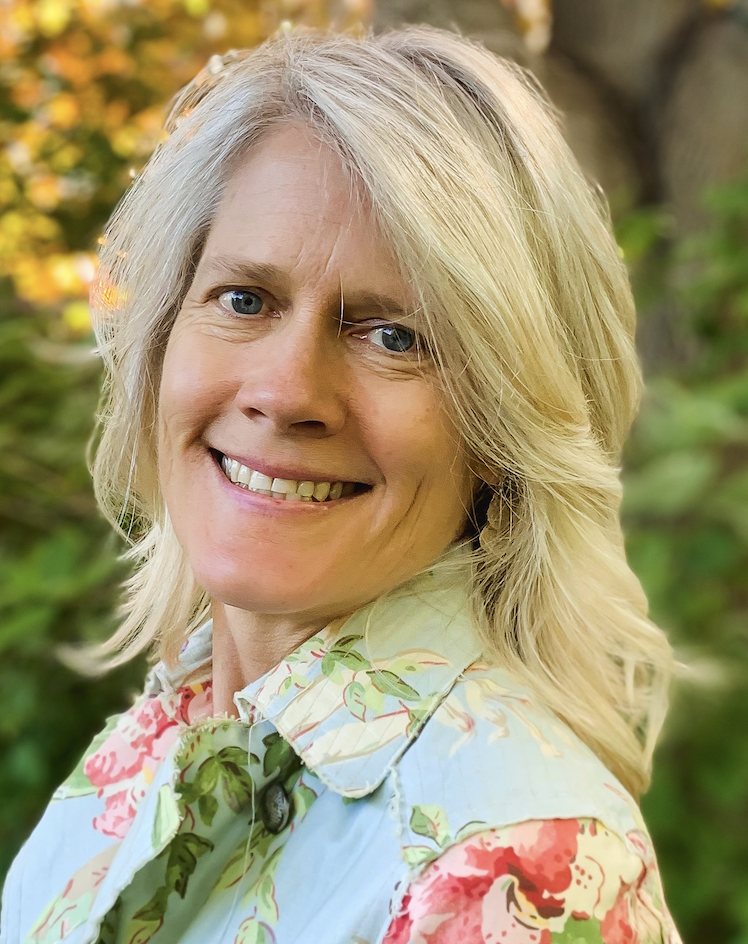
Elizabeth Ciemins
Senior Vice President, Research and Analytics, American Medical Group Association
Elizabeth Ciemins, PhD, MPH, MA, is senior vice president of Research and Analytics at American Medical Group Association (AMGA). Dr. Ciemins helps AMGA support member organizations on their journeys from volume- to value-based care through data-driven insights derived from targeted analytics and implementation science-based research projects. Dr. Ciemins provides oversight for quantitative and mixed methods research projects, measure development and testing, analytics support for disease-specific best practices learning collaboratives, and research projects in partnership with AMGA members, academic institutions, and other partners. She is an expert on balancing lean process improvement methods with insights from complexity science.
Dr. Ciemins received a PhD in research and policy analysis from the school of public health at UC Berkeley, an MPH in population health and epidemiology and an MA in African area studies with a focus on healthcare, from UCLA. She was Peace Corps volunteer in Niger, West Africa working in maternal and child health.
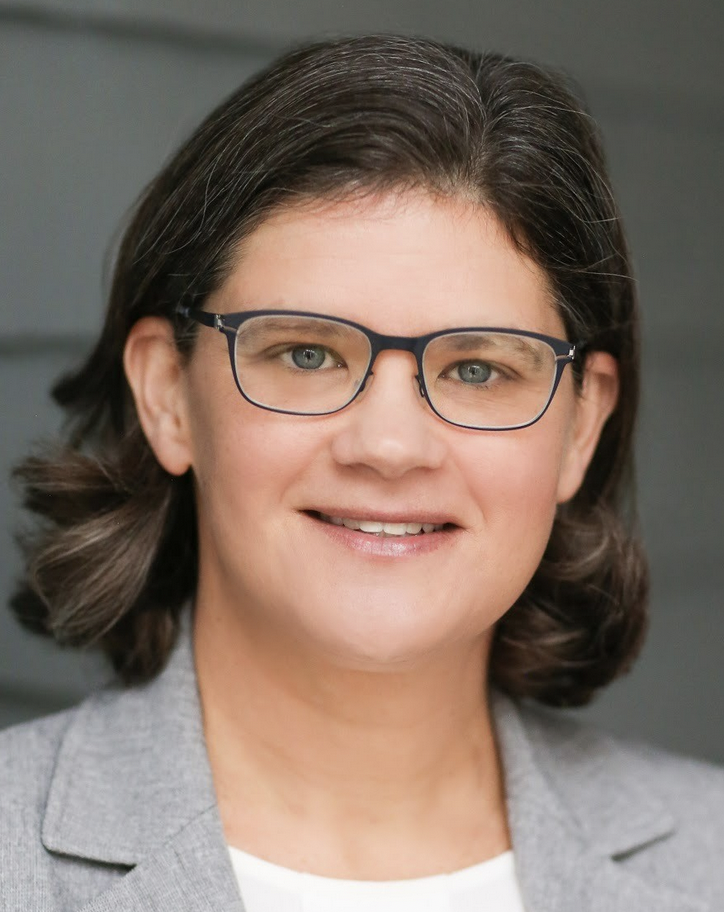
Anne Douglass
Founding Director, Institution for Early Education Leadership and Innovation, University of Massachusetts Boston

Jody Hoffer Gittell
Director, RCC; Managing Board Member, RC Analytics; Professor, Brandeis University
Jody Hoffer Gittell is Professor and PhD Program Director at Brandeis University's Heller School, and Program Director of the Academy of Management’s Organization Development and Change Division. Gittell teaches Strategic Human Resource Management, Research Methods, and Organizational and Institutional Theory. She is the Founder and Director of the Relational Coordination Collaborative and Chief Executive Officer of Relational Coordination Analytics. She is interested in relational strategies for achieving organizational performance, organizational change and human well-being. She has published scientific articles and books such as The Southwest Airlines Way: Using the Power of Relationships to Achieve High Performance, High Performance Healthcare: Using the Power of Relationships to Achieve Quality, Efficiency and Resilience, and Transforming Relationships for High Performance: The Power of Relational Coordination. She is currently co-editing a book with Amanda Brewster, Ingrid Nembhard and Vicky Parker called Healthcare Management and Human Well-Being in a Turbulent Era.
Together with students and colleagues around the world, Dr. Gittell has developed relational coordination theory, which predicts that highly interdependent work is most effectively coordinated through relationships of shared goals, shared knowledge, and mutual respect, supported by frequent, timely, accurate, problem-solving communication. The theory shows how relational coordination drives a wide range of desired performance outcomes and how organizations shape it, for better or worse. Dr. Gittell speaks frequently about the theory and practice of relational coordination. She serves as Vice Chair of the Board for Greater Seacoast Community Health, and on the Executive Committee for NAACP Seacoast. She received her BA from Reed College, her MA from The New School, and her PhD from the Massachusetts Institute of Technology.
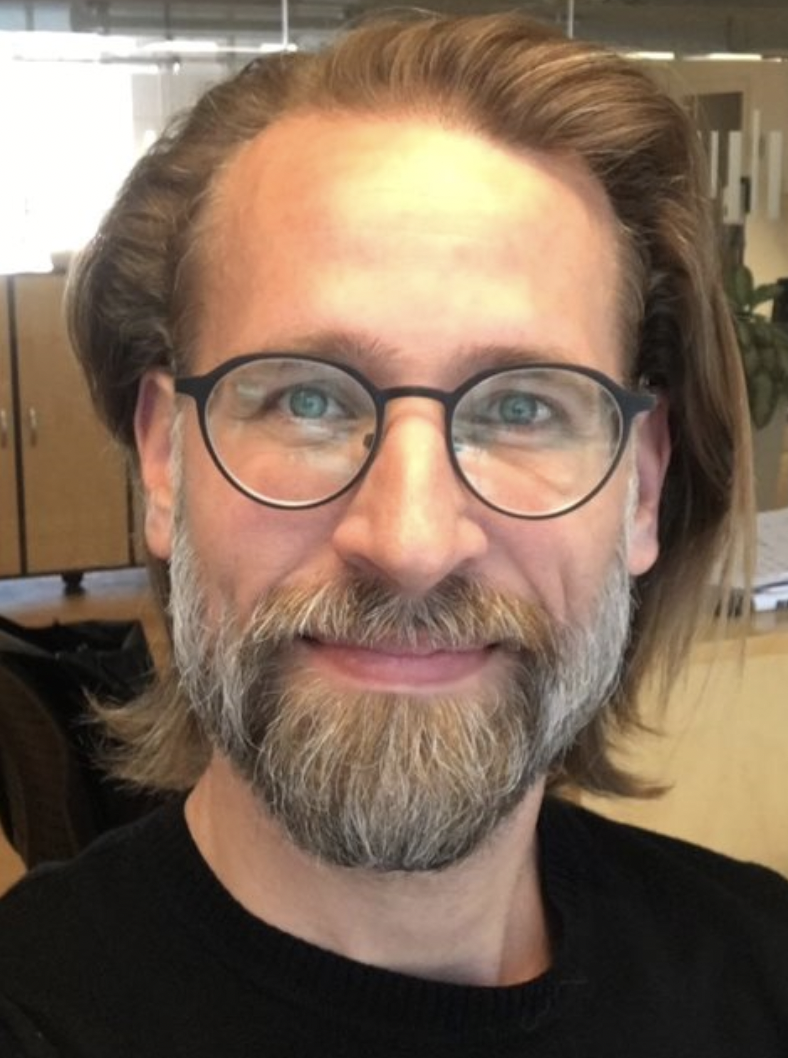
Jonas Hedegaard
Organizational Consultant, Team Working Life

Carsten Hornstrup
CEO, Joint Action Analytics
Carsten Hornstrup is CEO at Joint Action, a Scandinavian based consultancy and action research company. He holds degrees in Political Science from Aarhus University, Denmark (M.Sc.), Relational Leadership from University of Bedfordshire, UK (MA), and Leadership in Public Organizations from University of Tilburg, Netherlands (Ph.D.).
Carsten’s research has focused on the role of leaders and managers in coordinating inter and intra-organizational work around children, youth and families in Scandinavian Public organizations. His recent projects are exploring how combinations of relational leadership, inter organizational RC and structural interventions, influences intra-organizational and cross-organizational RC. In his research Carsten combines quantitative and qualitative analysis and uses diverse methodologies, including interviews, focus groups, and field-based surveys.
On the practice side of his and Joint Actions, they specialized in building strategies and advise leaders on building coordinated processes around complex welfare challenges. Together with his colleagues in Joint Action, he works with welfare organizations mainly in Scandinavia. He is a member of the Relational Coordination Collaborative Advisory Board.
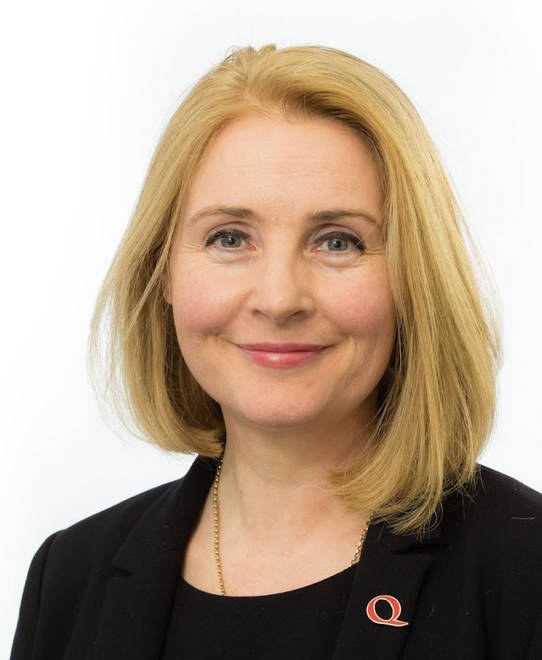
Claire Kenwood
Director of Collaborative Working, Leeds and York Partnership NHS Foundation Trust
Dr. Claire Kenwood serves as Director for Collaborative Working in Leeds and York Partnership NHS Foundation Trust. She has worked in the NHS for over 35 years, initially as a frontline clinician and later in a variety of medical leadership roles including Clinical Director, Associate Medical Director for Quality and latterly as Medical Director for a major trust.
Her clinical work as a psychiatrist focused on those suffering with complex psychosis in community settings. In this complex environment she developed her understanding of how important working across professional and agency boundaries was for high quality safe and effective patient care.
Whilst working as a clinical leader, she began using relational coordination frameworks as an integral part service redesign and to underpin improvement work – both in the Scottish healthcare environment and subsequently across England. She initially worked with clinical services in an action research project. A striking observation during this work was that once staff understood a relational coordination model they did not want to wait for detailed measurements before making appropriate changes. To this day, managers use the model and associated concept in day-to-day clinical supervision. It was this experience that influenced Claire to apply this framework in subsequent roles.

Claus Jebsen
Partner, AS3 Norway
After 20+ years of consultancy work, Claus combines the practitioner role with an academic role as an Industrial PhD at BI, Norwegian Business School, Dpt of Strategy and Entrepreneurship. Main research interest is on how leadership development can enable collaborative and co-creative practices across entities. The empirical setting for the PhD project is Executive Management Programs customized for the healthcare sector. However, findings expect to be relevant for other sectors and industries where collaboration and co- creation practices are needed for success. The framework of Relational Coordination and the community of RCC has been very inspiring and enables cross-fertilization between research and practice.
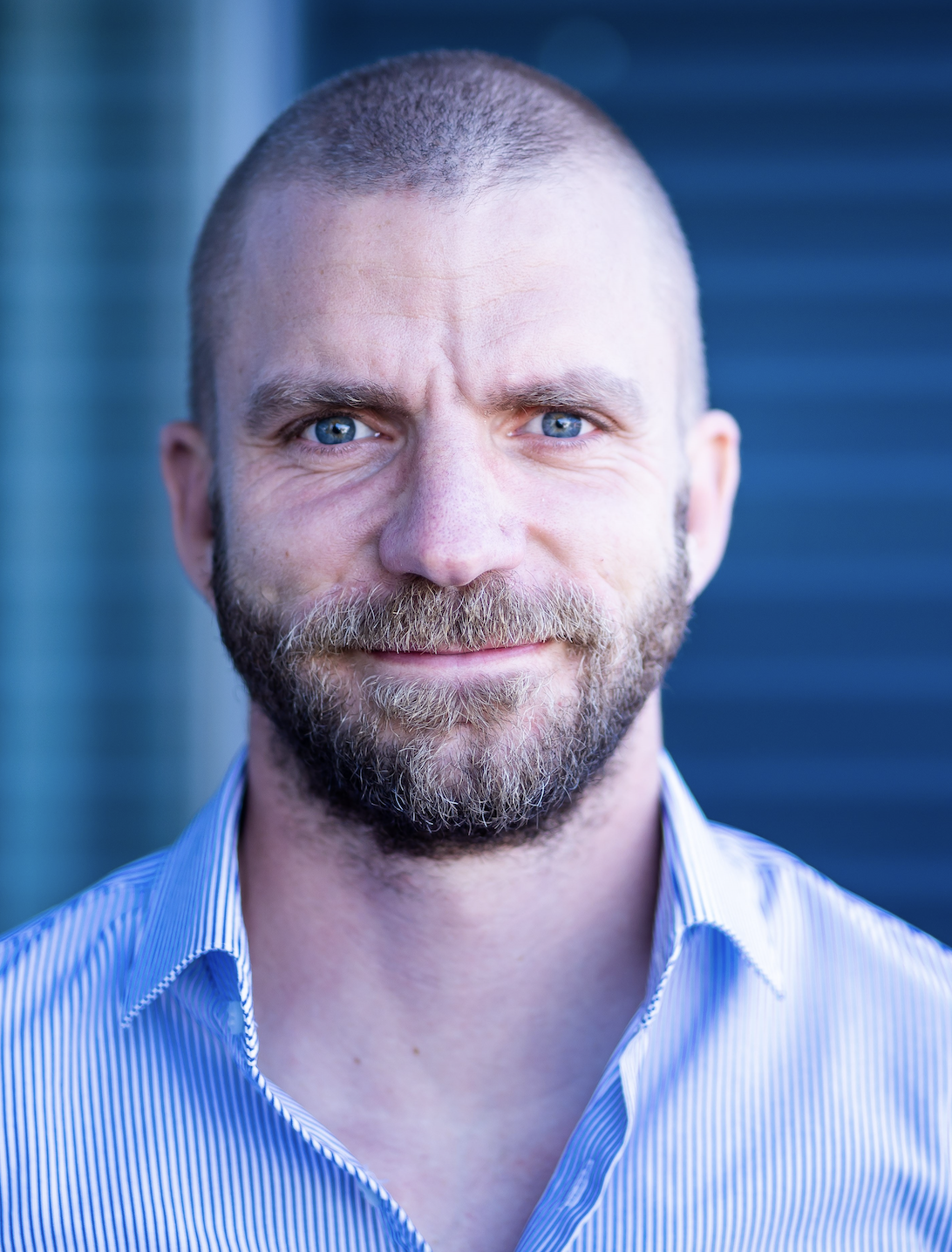
Soren Bjerregaard Kjaer
Consultant for Psychosocial Wellbeing, Danish Organization of Masters and PhDs
Søren Bjerregaard Kjær, Consultant Psychosocial Wellbeing and cooperation at workplaces at Danish Organization of Masters and PhDs.
Soren holds a Master in Social Science. Through the last +20 years Soren has worked with a wide range of different aspects within the field of organizational development. Soren has worked with issues such as organizational learning, preventing stress at workplaces, conflict resolution at workplaces, assessing and reducing health and safety risks at workplaces especially concerning organizational changes, heavy workloads etc.
Søren has his experience in working with these subjects from both governmental and local governmental institution, from a private consultant company and labor unions.
Since working with RC for the first time more than 10 years ago, Soren has worked on different organizational and research projects including assessing and strengthening RC and also co-facilitated advanced workshop on using Relational Coordination Survey in interventions to improve work processes and collaboration.
In his current work on improving psychosocial wellbeing at workplaces, Soren is especially interested in the link between RC and worker wellbeing including focusing on the role that psychological safety does and can play in strengthening RC. Søren is also focused on making RC relevant for workplaces from a wide range of different sectors.

Ingrid Nembhard
Fishman Family President’s Distinguished Professor, The Wharton School, University of Pennsylvania
Ingrid M. Nembhard, Ph.D., M.S., is the Fishman Family President’s Distinguished Professor, Professor of Health Care Management, and Professor of Management (Organizational Behavior) at The Wharton School of the University of Pennsylvania. Her research focuses on how characteristics of health care organizations, their leaders, and staff contribute to their ability to implement new practices, engage in continuous organizational learning, and ultimately improve quality of care. She uses qualitative and quantitative research methods to examine health care delivery from provider and patient perspectives, and to evaluate organizational performance. Her research has provided and continues to provide insights about how health care leaders manage change, the role of psychological safety in organizations, teamwork within and across organizations, strategies for improving patient experience, and organizational efforts to learn new clinical and operational practices.
Prior to joining the faculty at the The Wharton School, she was the Ira V. Hiscock Tenured Associate Professor at Yale School of Public Health, Associate Professor at Yale School of Management, and Associate Director of the Health Care Management Program at Yale. Dr. Nembhard received her Ph.D. in Health Policy and Management, with a concentration in Organizational Behavior from Harvard University through a joint program between Harvard Business School and the Graduate School of Arts and Sciences. She received her M.S. in Health Policy and Management from Harvard University School of Public Health, and her B.A. in Ethics, Politics and Economics and in Psychology from Yale University.
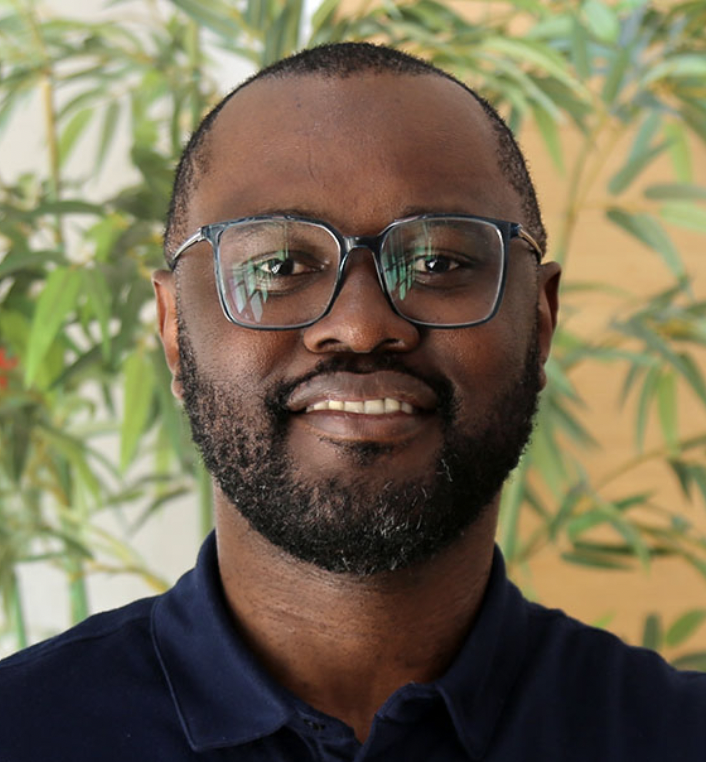
Olawale Olaleye
Senior Manager, Astrozeneca; Director of Consulting, Relational Coordination Analytics
Wale Olaleye is Senior Manager, Global Business Services for Astrozeneca, and Director of Consulting for Relational Coordination Analytics. He received a PhD in Social Policy at The Heller School, an MBA with a focus on Health Systems Management from the Charlton College of Business at the University of Massachusetts Dartmouth, and his Pharmacy degree from the University of Ibadan Nigeria. Olaleye studied interprofessional teams at Beth Israel Lahey Medical Center in Boston where he identified workforce diversity as an impediment to effective communication and relationship building between and within teams. His dissertation focused on the use of Relational Coordination principles to uncover professional and social identity-related discrimination on health care teams.
He now serves as Co-Principal Investigator on Relating Across Differences - An Improvement Process for Clinical Units, funded by the Josiah Macy Foundation, implementing the results of his research in three U.S. health systems over a three-year period. Prior to joining the Heller School, he worked at Steward Health Care System of Massachusetts and Care New England Corporate of Rhode Island as a Hospital Manager. He has also worked as a Clinical Pharmacist at government-owned hospitals in Abuja, Nigeria. His research interests include team-based care, diversity equity and belonging, opioid policy, performance of healthcare organizations and issues related to the healthcare workforce.

Glenn Omanio
Head, US Marketing & Commercial Development, Bavarian Nordic
Glenn Omanio brings over 15 years of experience in commercializing vaccines, biologics, antivirals, and digital therapeutics in the U.S. market. He has successfully led cross-functional teams at Novartis, CSL, Sandoz, and Takeda across diverse commercial functions, including marketing, market access, customer experience, analytics, and patient services. Currently, Glenn serves as a member of the North American leadership team at Bavarian Nordic, where he is tasked with expanding access to mpox and travel vaccines in the U.S. and Canada.
Glenn’s professional interests and applied practices focus on the intersection of public-private partnerships to increase immunization rates for vaccine-preventable diseases. Among his most recent accomplishments is the successful transition of mpox vaccines from the U.S. government stockpile to commercial channels by establishing new pathways for vaccine procurement, distribution, and reimbursement through both public and private payers.
He holds a Master’s in Management (Health Leadership) from McGill University, an MBA from Hult International Business School, and a Bachelor’s in Journalism from the University of the Philippines.
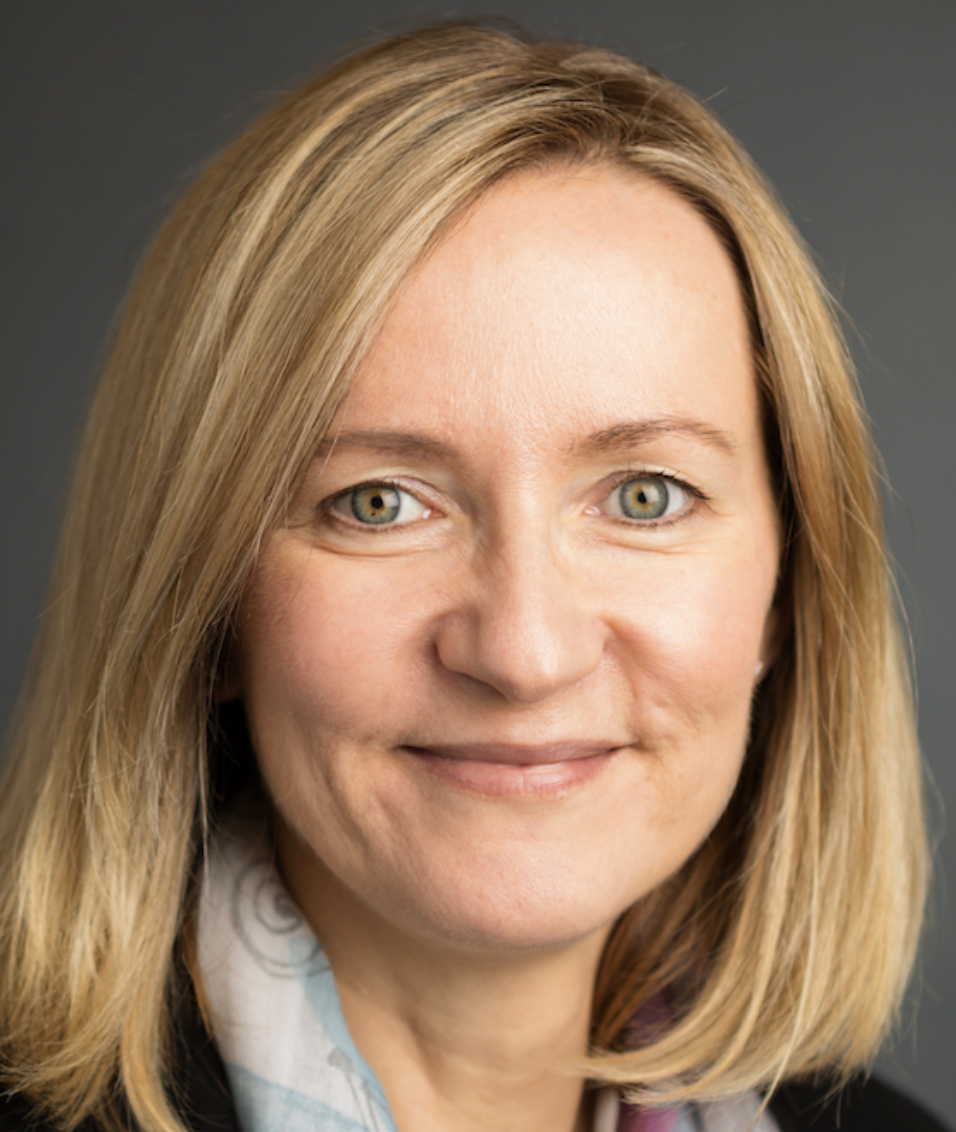
Ina Sebastian
Research Scientist, Center for Information Systems Research, MIT Sloan School of Management
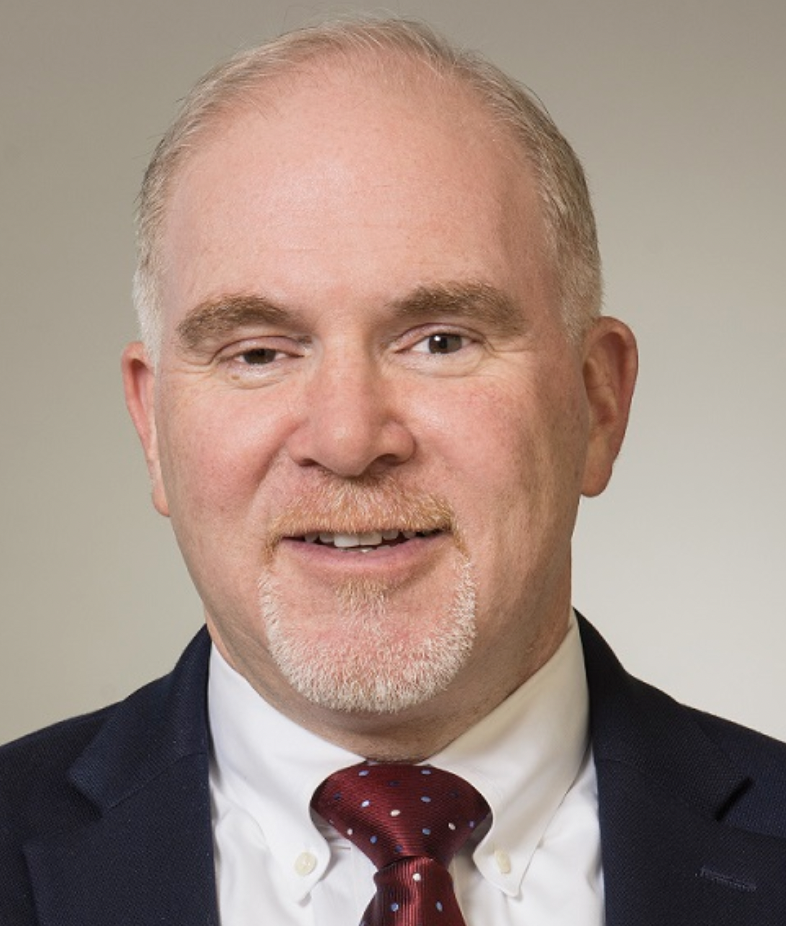
Daniel Slater
Chair of Pediatrics & Associate Chair of Primary Care for Optum Massachusetts
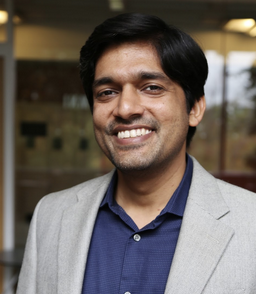
Kartik Trivedi
Post-Doctoral Research Fellow, Institute on Disability, University of New Hampshire
Kartik Trivedi holds a Ph.D. from Brandeis University, where his research examines team decision-making and collaborative processes in organizational contexts. His work investigates how groups navigate complex decisions, with a particular focus on human-AI collaboration in workplace settings. His dissertation analyzes how individuals accommodate autonomy and transparency while integrating algorithmic inputs into their decision processes. As a faculty member at both the University of Vermont and Brandeis, he has taught Human Resource Management and Analytics, emphasizing collaborative approaches to organizational challenges. Drawing from his background in disability policy and team dynamics, Kartik works to advance inclusive, team-centered practices in modern organizational systems.

Qian Zhang
Assistant Professor, University of Ottawa
